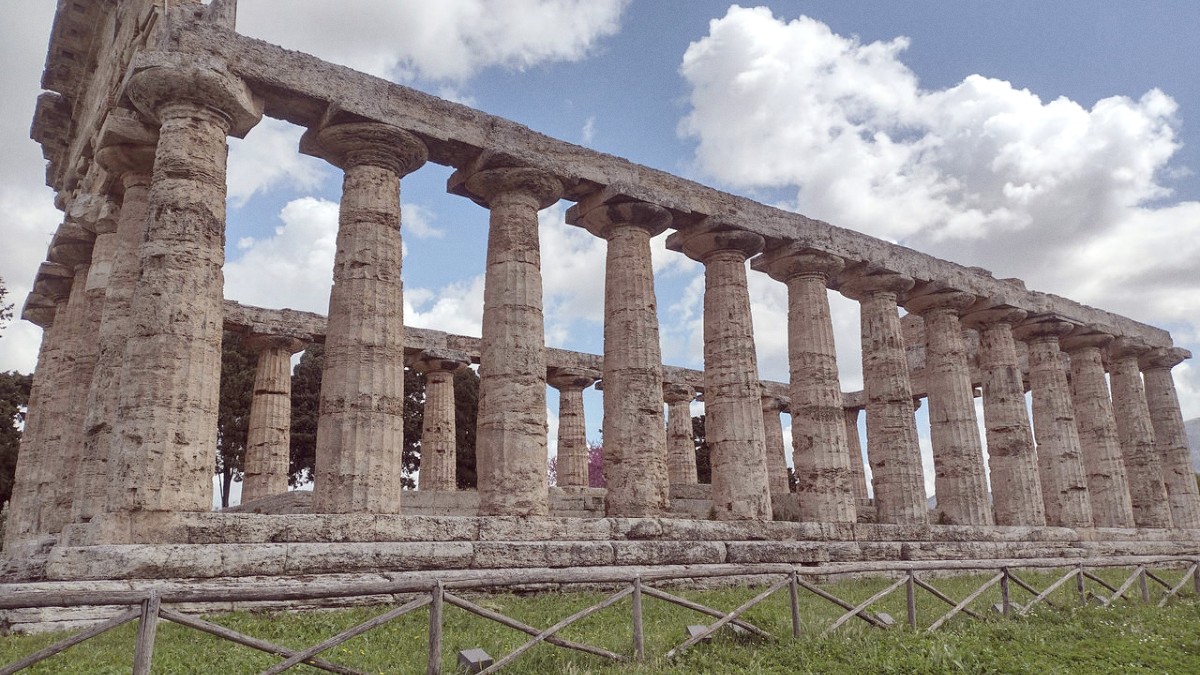
Campania, Italy
Italy does not have general entry fees for visitors. Immigration procedures are standard for international arrivals. Non-EU citizens typically receive a passport stamp upon entry into the Schengen Area. Ensure your passport is stamped correctly, as this marks your entry date.
No specific special permits are generally needed for standard tourism activities in Paestum. If you plan to engage in professional photography or drone usage within the archaeological park, contact the park administration in advance.
No specific requirements.
No specific vaccinations required for entry into Italy. Routine vaccinations should be current.
Consult a doctor or travel clinic well in advance for personalized advice.
Costs vary by travel style.
Italy uses the Euro (€). ATMs are widely available. Credit cards accepted at most places.
Avoid airport/train station exchanges; use ATMs for best rates.
Not as widespread as other countries.
A "coperto" or "servizio" may be added. If so, no additional tip. Otherwise, rounding up is appreciated.
Rounding up is common. Small tips (€1-€2) for good service are appreciated for housekeeping or porters.
Daily costs: €50-€80. Accommodation: Hostel or simple B&B (€30-€50). Meals: Street food, supermarket picnics, casual eateries (€15-€25). Transportation: Public transport, walking (€5-€10). Activities: Free sites, combined museum tickets (€5-€10).
Daily costs: €100-€180. Accommodation: Mid-range hotel or comfortable B&B (€60-€100). Meals: Casual restaurants, trattorias (€30-€60). Transportation: Trains, local buses, occasional taxi (€10-€20). Activities: Archaeological park, museum, mozzarella tasting, guided tour (€10-€30).
Accommodation: High-end hotel or resort (€150+).
Gourmet restaurants, frequent restaurant meals (€80+).
Private transfers, car rentals for flexibility, taxis for convenience (€50+).
Private tours, full-day excursions (€50+, potentially much higher).
Combined archaeological park & museum ticket: €15. Combined with Velia: €18.
Prevention strategies.
Seasonal hazards and potential risks.